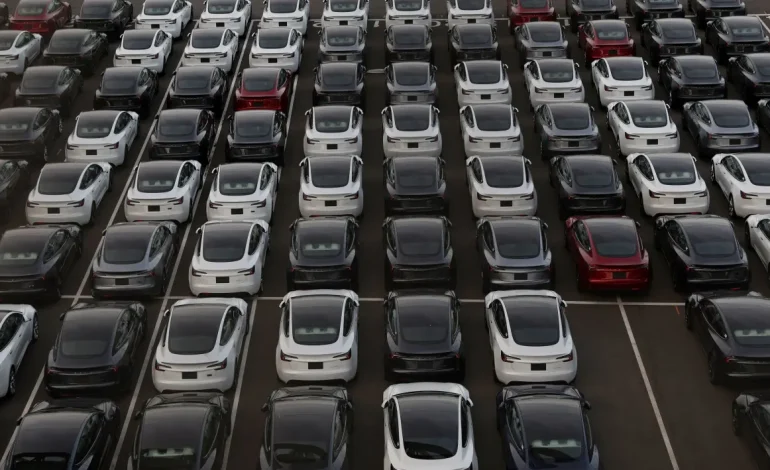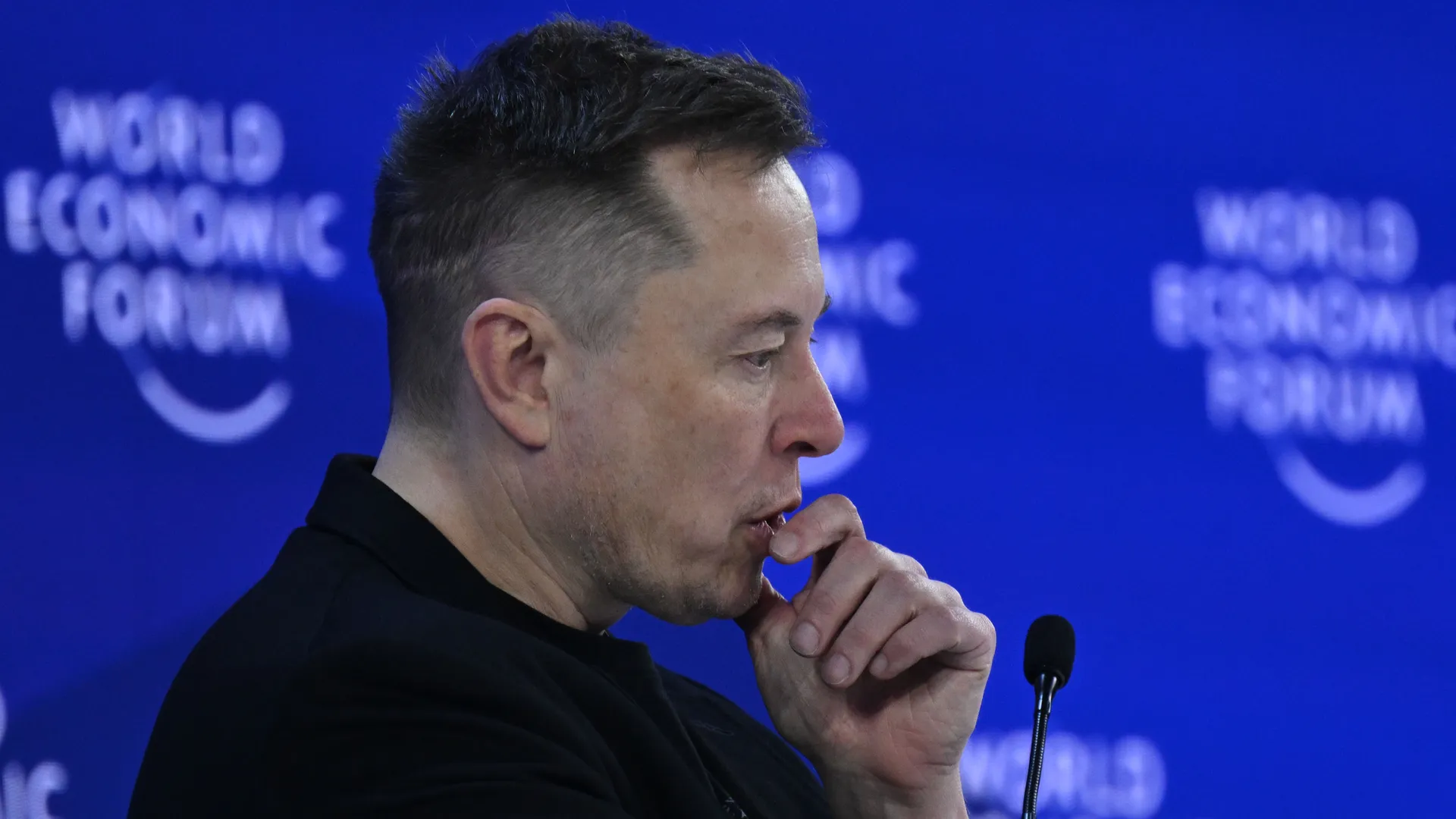Tariff Relief? Maybe. But Japan’s Car Industry Has Bigger Worries Than Trump

Japanese automakers might have dodged a bullet with the latest trade deal out of Washington, but the celebration is short-lived. The real storm is coming from the east — and it’s painted in “Made in China.”
On July 22, US President Donald Trump finalized a trade agreement with Japan that lowers tariffs on Japan-made vehicle imports to 15%, down from the previous 25%. It’s a welcome change — sort of. Relief, yes. A reason to celebrate? Not quite.
“This offers predictability, but I wouldn’t go as far as calling it good news,” said Stefan Angrick, an economist at Moody’s Analytics. “A 15% tariff is still steep. Japan started from a much better position.”
The Trump deal gives Japanese carmakers breathing room in the US market, which is still a key buyer of Japan-made cars. But just as they catch their breath, a much tougher rival is gaining ground — China.
Where Japanese brands once ruled global markets, Chinese automakers are now elbowing in hard, especially in electric vehicles (EVs) and budget-friendly options. And the threat isn’t just distant anymore — it’s in their backyard.
China has taken the lead in EV manufacturing and dominates the production of critical components. As Japan’s domestic demand softens and inflation eats into spending, Chinese brands are expanding fast — and they’re not slowing down.
Southeast Asia has long been a fortress for Japanese brands like Toyota, Honda, and Nissan. But the wall is cracking.
According to PwC, Japan’s auto market share in the ASEAN-6 (Indonesia, Malaysia, Thailand, Philippines, Vietnam, and Singapore) dropped from 68.2% in 2023 to 63.9% in 2024. And it’s not just Asia. Even in Australia — Japan’s second-largest export market — Chinese car imports are predicted to overtake Japan’s within a decade.
By 2035, Chinese automakers are expected to claim 43% of Australia’s import market. Japanese brands? A projected 22%.
Back at home, Japan’s car industry is also dealing with its own set of challenges — sluggish consumer demand, rising costs, and, in some cases, poor management decisions. Nissan, for example, is downsizing hard, with plans to shut down 7 of its 17 plants and cut about 15% of its workforce by 2027.
Meanwhile, Toyota — the juggernaut — continues to weather the storm better than most, thanks to its global presence and diversified strategy.
Subaru and Mazda, however, are feeling the squeeze. Their saving grace? Close ties with Toyota. Mazda shares a joint plant with them, and Subaru is co-developing an EV with Toyota that’s slated for a 2026 release.
According to Lightstream Research’s Mio Kato, deeper partnerships — even full consolidation under Toyota — could be in the cards later this decade.
The upside of the Trump-era tariff agreement is that Japanese automakers now have clarity. They can adjust pricing and production plans without fear of a sudden tariff hike. But analysts say it doesn’t change the bigger picture.
“It’s more of a shield than a sword,” said Kato. “It helps protect Japan’s current US sales, but it doesn’t give them an edge over competitors like Korea or Mexico, who also export to the US.”
In short: Japan has stabilized one front, but the battle for global car dominance is moving fast — and China’s not waiting around.
The original story by Lee Ying Shan for CNBC.









The latest news in your social feeds
Subscribe to our social media platforms to stay tuned